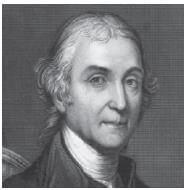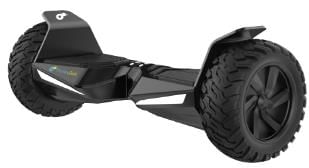Test: India: Science and Technology- 2 - Class 8 MCQ
10 Questions MCQ Test - Test: India: Science and Technology- 2
From where was India's multipurpose telecommunication satellite INSAT−2EI launched?
What does the NUSTAR a space-based X-ray telescope study?
In 1774, a British clergyman named Joseph Priestley conducted an experiment in which he focussed sunrays on a tube containing mercuric oxide. This produced a gas which he noticed made candles burn brighter, thus discovering a gas which is the very essence of life. What gas was it?


You must have noticed a lot of Bollywood and Hollywood actors riding this device on TV or social media. One needs body balance to walk on it but it's really easy to use. It is powered by rechargeable batteries. Look at the image and identify the device.

By putting the Mars Orbiter Mission (MOM) in orbit around Mars, India's ISRO became the fourth space agency to reach Mars, after the Soviet space program, NASA, and the European Space Agency. What is the orbiter commonly known as?
The CPU is an important part of your computer. You might call it the computer's brain. What does CPU stand for?
An ocean current is a continuous, directed movement of seawater generated by forces acting upon it. Because of their heating and cooling qualities, they can affect weather and climate. How do ocean currents transfer heat in the ocean?
The term associated with the processing of computer speed is ______.
Airlines generally cruise between about Mach 0.8 and Mach 0.9, at cruising altitudes of 30,000 to 40,000 feet. Which of these commercial airlines is/was capable of supersonic flight (more than the speed of sound)?
China became the second country after France to construct solar highway. What is the use of a solar highway?














